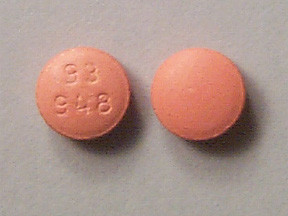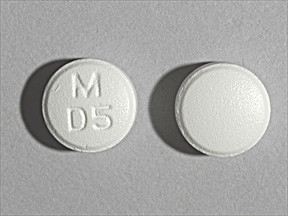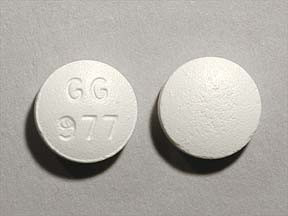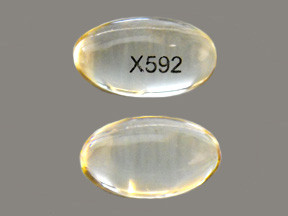DICLOFENAC - ORAL
PHONETIC PRONUNCIATION: (dye-KLOE-fen-ak)
COMMON BRAND NAME(S): Cataflam, Zipsor
GENERIC NAME(S): diclofenac potassium
Uses
USES: Diclofenac is used to relieve pain and swelling (inflammation) from various mild to moderate painful conditions. It is used to treat muscle aches, backaches, dental pain, menstrual cramps, and sports injuries. It also reduces pain, swelling, and joint stiffness caused by arthritis. Reducing these symptoms helps you do more of your normal daily activities. This medication is known as a nonsteroidal anti-inflammatory drug (NSAID). If you are treating a chronic condition such as arthritis, ask your doctor about non-drug treatments and/or using other medications to treat your pain. See also Warning section.
How to use DICLOFENAC - ORAL
HOW TO USE: Read the Medication Guide provided by your pharmacist before you start using diclofenac and each time you get a refill. If you have any questions, ask your doctor or pharmacist. Take this medication by mouth with a full glass of water (8 ounces /240 milliliters) unless your doctor directs you otherwise. Do not lie down for at least 10 minutes after taking this drug. To prevent stomach upset, take this medication with food, milk, or an antacid. There are different brands and forms of this medication available. Because different brands deliver different amounts of medication, do not switch brands of diclofenac without your doctor's permission and directions. The dosage is based on your medical condition, response to treatment, and other medications you may be taking. Be sure to tell your doctor and pharmacist about all the products you use (including prescription drugs, nonprescription drugs, and herbal products). To minimize side effect risks (such as stomach bleeding), use this medication at the lowest effective dose for the shortest possible length of time. Do not increase your dose or take it more often than prescribed. For chronic conditions such as arthritis, continue taking it as directed by your doctor. Discuss the risks and benefits with your doctor or pharmacist. For certain conditions (such as arthritis), it may take up to 2 weeks of regular use before the full benefits of this drug take effect. If you are taking this drug on an "as needed" basis (not on a regular schedule), remember that pain medications work best if they are used as the first signs of pain occur. If you wait until the pain has worsened, the medication may not work as well. Tell your doctor if your condition worsens.
Side Effects
Precautions
Interactions
Overdose
Images
Reviews
Warning
WARNING: Nonsteroidal anti-inflammatory drugs (including diclofenac) may rarely increase the risk for a heart attack or stroke. This effect can happen at any time while taking this drug but is more likely if you take it for a long time. The risk may be greater if you have heart disease or increased risk for heart disease (for example, due to smoking, family history of heart disease, or conditions such as high blood pressure or diabetes). Do not take this drug right before or after heart bypass surgery (CABG). Also, this drug may rarely cause serious (rarely fatal) bleeding from the stomach or intestines. This effect can occur without warning symptoms at any time while taking this drug. Older adults may be at higher risk for this effect. (See also Precautions and Drug Interactions sections.) Stop taking diclofenac and get medical help right away if you notice any of the following rare but serious side effects: bloody or black/tarry stools, persistent stomach/abdominal pain, vomit that looks like coffee grounds, chest/jaw/left arm pain, shortness of breath, unusual sweating, weakness on one side of the body, sudden vision changes, slurred speech. Talk with your doctor or pharmacist about the risks and benefits of treatment with this medication.
Disclaimer
IMPORTANT: HOW TO USE THIS INFORMATION: This is a summary and does NOT have all possible information about this product. This information does not assure that this product is safe, effective, or appropriate for you. This information is not individual medical advice and does not substitute for the advice of your health care professional. Always ask your health care professional for complete information about this product and your specific health needs.




No Reviews Yet